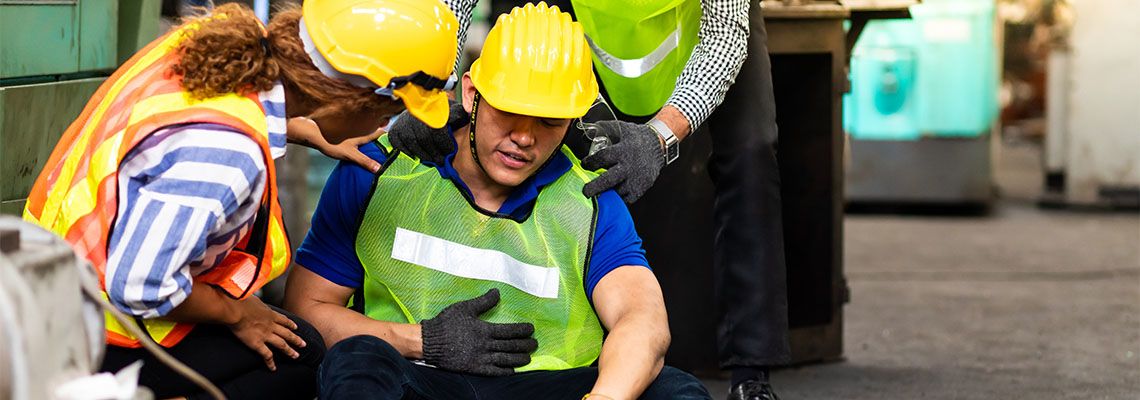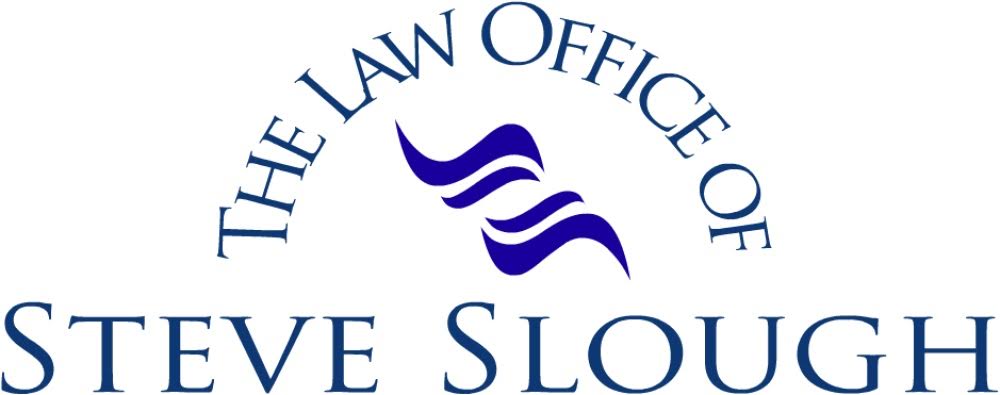If you suspect that your loved one isn’t receiving proper care in a nursing home or care home facility, it's common to experience significant stress, worry, and uncertainty. Unfortunately, nursing home negligence does occur, and it can take many forms, including physical harm, emotional abuse, improper medical treatment, medication errors, or substandard care.

Filing a Third-Party Claim After a Work Injury
Workers’ compensation is a no-fault insurance system for employees who are injured or fall ill due to toxic exposure or other causes at work. No-fault means that the injured or ill employee cannot sue their employer but must seek compensation for their medical expenses and lost wages (if unable to work for a period of time) from the employer and/or their workers’ compensation insurance company. In turn, the employer cannot sue an employee for a workplace injury or illness.
Though workers’ compensation is a fairly all-encompassing system for workplace incidents, there are occasions when a third party may have contributed to or even caused the illness or injury. If a toxic cleaning substance, for instance, is used in the workplace, but the manufacturer or distributor ships the product without adequate safety precautions and usage instructions, there may be the possibility of a claim against that party.
Construction sites are often filled with different groups of workers performing different tasks at the same time. Perhaps a construction worker for one subcontractor is injured by a worker operating a vehicle for another subcontractor or as an independent contractor. In that case, there may be third-party liability involved, especially if the two subcontractors weren’t affiliated with the same general contractor, or if the third party was operating independently.
If you or a loved one has been injured or fallen ill at work and you believe it was due to a third party’s negligence or actions in or around St. Louis, Missouri, contact The Law Office of Steve Slough.
We will investigate your claim, advise you of your options going forward, and help you file a claim or lawsuit against any responsible third party. We also proudly serve clients in St. Louis County, St. Charles County, and Madison County, Missouri, as well as those located in St. Clair County, Illinois.
Common Workplace Injuries That May Involve a Third Party
Workers’ compensation insurance covers incidents that occur both on-site and off-site, so long as the injured or ill worker is on official business while off-site. This means, if a worker is driving to visit a client and then gets struck by another vehicle and injured, there can be a workers’ compensation claim and potentially a personal injury claim or lawsuit against the at-fault driver. Here is a list of common third-party work-related injury claims:
CAR ACCIDENTS: In addition to the driver who strikes an employee’s vehicle while the employee is out on official business, there is also the example of construction site vehicular accidents. Worker’s compensation covers most medical expenses, but if you lose time from work, it covers only two-thirds of your average weekly wage, and then up to a state-mandated limit. A lawsuit against the driver, or even a claim against their insurance, may supplement your workers’ compensation benefits.
CONSTRUCTION SITES: Construction sites are busy places, and not everyone works for the same subcontractor or even general contractor. This leaves the door open for all kinds of third-party-fault accidents, not just vehicular ones.
PREMISES LIABILITY: If you’re out for your company calling on a client and you slip and fall on a wet surface and injure yourself on their property, you can claim workers’ compensation but also consider legal action based on premises liability. You would have to show, however, that the owner/operator of the building knew of the slippery floor or should have known and failed to cordon off the area, put up warning signs, or clean it.
DEFECTIVE PRODUCT LIABILITY: If a product being used has a defect in design, manufacturing, or marketing—which refers to operating instructions and safety warnings—then you may have a defective product liability lawsuit in the works. A design defect can lead to a lawsuit against the designer, a manufacturing defect to a lawsuit against the manufacturer, and a marketing defect to the supplier and/or manufacturer.
TOXIC SUBSTANCES: Workplace toxic substances like asbestos and other chemicals can also lead to an illness that can be traced to a third party.
Pros and Cons of a Third-Party Lawsuit
A civil lawsuit has the benefit of allowing the plaintiff (you, the injured or ill worker) to recover non-economic as well as economic damages. Non-economic damages, which are not covered by workers’ compensation, include pain and suffering, mental and physical anguish, and loss of consortium (companionship). Also, you can recover all of your lost wages, not just two-thirds, plus any loss of future earning capacity.
On the other hand, whatever you win in a civil proceeding is subject to subrogation by your employer and/or workers’ compensation insurance company. Subrogation generally means you will have to pay back what you’ve already collected from the system. Subrogation, however, gets a bit complicated, so you will need to consult with your attorney about this issue.
Lawsuits can take months or years to make their way through the system, but you may be able to reach a favorable settlement long before that happens.
Proving Your Case in Court
For most third-party lawsuits, your case will hinge upon proving negligence on the part of the third party. The lone exception can be that some products are subject to strict liability. This again is something to discuss with your attorney.
The four elements of proving negligence are:
A third party (a person or company) owed you a duty of care—in other words, a duty not to harm you.
The third party breached that duty of care.
That breach caused you injury or illness.
Your injury cost you money for medical treatment, time lost from work, and other expenses.
These elements are essentially the same for any personal injury lawsuit.
Compassionate Legal Assistance
If you believe you have a claim against a third party for an injury or illness you suffered while engaged in your day-to-day work activities, contact us at The Law Office of Steve Slough. We always aim for the best result possible—in other words, the highest compensation you can get—so work with us as we develop a strategy to pursue your claim, even if it means going to court.
We serve clients in or around St. Louis, Missouri, and surrounding counties and communities. Your first consultation is free.
RECENT POSTS
When a product fails to perform safely or as intended, the consequences can be devastating. Victims may face serious injuries, permanent disabilities, or overwhelming financial losses, and defective product claims often involve detailed technical, scientific, and medical details that go far beyond ordinary knowledge.
Medical malpractice can be one of the most stressful and emotional experiences a person faces. When you or a loved one suffers harm due to a medical professional's mistake, the emotional and financial impact can be overwhelming. Filing a medical malpractice claim requires careful preparation and attention to detail.




